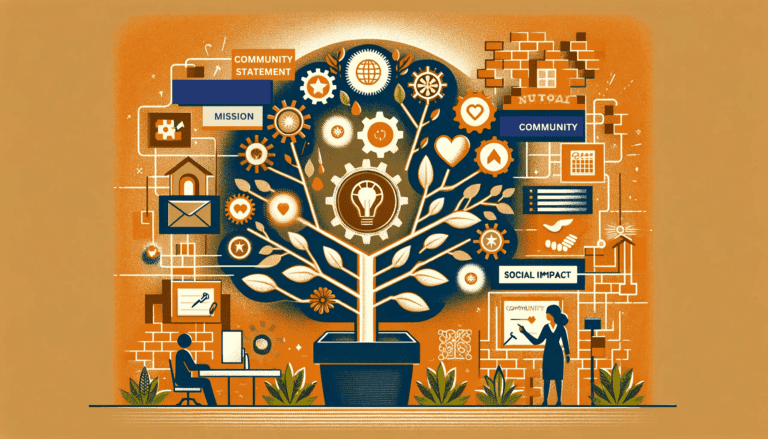Data-Driven Digital Marketing for Nonprofits: A Primer
In the ever-evolving landscape of the digital world, nonprofits face unique challenges. With limited resources and an ever-growing list of causes to champion, it’s crucial to make every effort count. Enter the realm of Data-Driven Digital Marketing for Nonprofits. This approach ensures that every marketing move is backed by solid data, maximizing impact and ensuring that your message reaches the right audience.
The Power of Data-Driven Digital Marketing for Nonprofits
Data-driven digital marketing isn’t just a buzzword; it’s a transformative approach that can elevate your nonprofit’s outreach, fundraising, and advocacy efforts. By leveraging data, nonprofits can tailor their strategies to resonate more deeply with their target audience, ensuring that their message is not only heard but also acted upon.
Why Data Matters in Digital Marketing
- Precision Targeting: With data, you can identify and target specific demographics that are more likely to engage with your cause. This ensures that your marketing budget is spent efficiently, reaching those most likely to donate or volunteer.
- Performance Tracking: Data allows you to track the performance of your campaigns in real-time. This means you can adjust strategies on the fly, ensuring optimal results.
- Personalization: In the age of digital marketing, personalization is key. Data-driven insights allow you to tailor your messaging to resonate with individual supporters, fostering deeper connections.
Implementing Data-Driven Digital Marketing for Nonprofits
- Start with Clear Objectives: Before diving into data, have a clear understanding of what you want to achieve. Whether it’s increasing donations, gaining more volunteers, or raising awareness, your objectives will guide your data-driven strategies.
- Gather Relevant Data: Use tools like Google Analytics, social media insights, and email marketing analytics to gather data. Understand your audience’s behavior, preferences, and engagement patterns.
- Analyze and Adjust: Regularly review the data to identify what’s working with your nonprofit digital strategy and what’s not. Adjust your strategies based on these insights to ensure maximum impact.
Real-Life Examples:
- Matching Gifts Campaigns: Many nonprofits have started using data analytics to identify potential donors who work for companies that offer matching gift programs. By targeting these donors with specific email campaigns and providing them with easy-to-use tools to check their eligibility, nonprofits have seen a significant increase in matching gift revenue. For instance, organizations like The Nature Conservancy, Rainforest Trust, and Greenpeace USA have effectively targeted donors using digital platforms to promote matching gifts.
- Segmented Email Campaigns: A children’s charity used data analytics to segment its email list based on past donation amounts. They then crafted tailored email campaigns for each segment, resulting in a 20% increase in donations compared to their generic email campaigns.
- Social Media Ad Optimization: A wildlife conservation nonprofit used data analytics to analyze the performance of their social media ads. By identifying which ads were most effective in driving donations and which audience segments were most responsive, they were able to optimize their ad spend and increase their ROI.
Overcoming Challenges with Data-Driven Digital Marketing for Nonprofits
While the benefits are numerous, it’s essential to be aware of potential pitfalls. Ensure data privacy, stay updated with the latest digital marketing trends, and always prioritize your organization’s mission.
In conclusion, Data-Driven Digital Marketing for Nonprofits is not just a trend but a necessity in today’s digital age. By harnessing the power of data, nonprofits can amplify their voice, make informed decisions, and drive their mission forward with greater impact. Embrace data, and let it guide your digital marketing journey.







